Growing up in a high-rise flat in Wester Hailes, Craig Shearer never had a garden as a child.
Yet today, the 25-year-old is hoping to pursue a career in horticulture, thanks to Cyrenians Farm; an innovative agricultural project on the outskirts of Edinburgh.
“I never knew anything about places like this,” says Craig, who left school at 15, having struggled due to dyslexia.
“I always have worked and I’ve done things in my life, but this is the most job satisfaction that I’ve ever had because people walk away with something that I never thought I’d be teaching anybody.”
After leaving school, Craig worked in factories, but found himself unemployed after one of the businesses burned down. Unwilling to just “sit about”, however, he decided to volunteer with a project called Edible Estates, which reclaims green space for community gardens in areas of social housing.
It was through that project that Craig started volunteering at Cyrenians Farm in Kirknewton – about 10 miles from the city – and impressed the team so much that he was offered a 12-month contract through Community Jobs Scotland, rising at 6.30am every morning and sometimes even cycling to get to work.
Not only has he learned so much about farming since then; he has also shared his skills with many other people who come to Cyrenians Farm; from young people at risk of homelessness or facing mental health challenges to city bankers who want to escape the rat race.
“People come out and they love it; and they walk away with something,” says Craig, who is now hoping to go to college to continue his studies; but will continue to volunteer at Cyrenians Farm.
“They won’t get rid of me,” he laughs.
Craig’s story is just one example of how this 8.6ac small-holding has changed so many lives since it was taken over by the Cyrenians in 1972.
Veg bag scheme
While the charity was originally set up in the late 1960s to support rough sleepers in Edinburgh, the vision for Cyrenians Farm was to provide residential care to young people at risk of homelessness and poverty due to mental health challenges.
And while it still fulfils this purpose today (most recently achieving a five star rating from the Scottish Care Commission) it has become a social farming project in every sense, bringing many different strands of the community together through growing.
Overseeing operations is farm enterprise manager, Rob Davidson, the son of an agricultural worker who studied environmental biology and worked in sectors from banking to catering before returning to his rural roots in 2015.
While a relatively small site in the middle of arable farmland, it is something of an oasis, producing everything from market vegetables and leaves to 35 varieties of apples and even tea, with a flock of Lohmann Brown chickens for eggs.
This produce is sold through a “veg bag” scheme, with customers including celebrity chef, Mark Greenaway, who runs a three-AA rosette restaurant in Edinburgh, but with the bulk of business going to private customers.
“We started with 20 or 30 boxes, but now we have close to 100 a week,” says Rob, who explains how Cyrenians have targeted offices to grow this vital income stream.
Positive mental health
But as well as helping people eat healthy, local food, the farm is having an even deeper impact on the lives of those growing it.
The first are the young people in residential care with mental health challenges. While Rob explains that there is no pressure to work on the farm, he believes there are huge benefits in simply being surrounded by nature.
For those who do get involved, however, it’s an opportunity to just be “accepted and treated like the rest of the team”.
“They get a break from key work and social work and parents and teachers and everybody telling them how they should be running their life,” he says.
“When they come to us it’s: ‘Here’s a fork, here’s a spade, that polytunnel needs to be dug, get into line with those guys there’ and then after 10 minutes, the chat starts to flow.”
The second group are the young people who come every Thursday to volunteer from Wester Hailes Edible Estates, which is in an area with its share of social problems in the past, including high unemployment rates.
“If somebody wanted to learn market gardening or farming skills from Wester Hailes, it would be nearly impossible,” says Rob, who explains that those who discover a real passion for it, like Craig, can apply for a work placement, as well as avail of support to pursue further studies.
The third group are local companies who send their staff to Cyrenians Farm for team-building days or volunteering roles. Indeed, JP Morgan has now teamed up with them to help restore a 2ac walled garden at the nearby Scottish War Blinded centre, which was overgrown with eight foot high creeping thistle.
“It’s amazing that there is such great effort and goodwill from an organisation,” says Rob of the partnership.
Escaping the daily grind
Other groups that come to Cyrenians Farm include students from a special needs school and residents from a local Camphill community, as well as members of the public who simply have an interest in market gardening.
Working alongside them is Tim Haslin, a self-confessed “townie” who spent 15 years working on a beef farm after leaving the army. He later left to work as a white van driver, but a “life-changing moment” after the tragic loss of a baby motivated him to return to college to study horticulture.
“It made me open my eyes,” he says, “I was sick of doing jobs that I hate.”
For the last five years, Tim has been employed as a project keyworker at Cyrenians Farm, where his role ranges from planning the growing year to running workshops in everything from horticulture to upcycling.
“If I can get them to take away something that they’ll get interested in, I think that’s really rewarding,” says Tim, who loves to see the “spark” in somebody’s eyes when they become interested in what he is teaching.
He also believes that Cyrenians Farm gives people much needed “escapism” from the daily grind, no matter what challenges they may face.
“Let them be themselves,” he says. “Gardening and horticulture shouldn’t be stressful. It should be a pleasure.”
A sociable social farm
Going forward, there are many other plans for Cyrenians Farm.
Rob explains how they are hoping to hire social enterprise consultants to investigate other possible income streams, such as a farm shop, rural skills workshops and private gardening services for the general public.
But more importantly, he hopes that the Cyrenians Farm will become a hub for the whole community in time.
“I would love to have a mix of generations on the farm. I think our younger people would learn a lot from the older generation, as would we,” he says, adding that while in most cases, services for young people or families or the elderly can be very segregated, the farm is a perfect place to “bring all these groups together”.
“People can come in here, have a coffee, do some harvesting, sit and talk together, make it really social,” says Rob, who explains that the best thing about his job is simply “being able to teach people about where food comes from”.
“It’s even more satisfying when you’re showing one of our residents how to grow and cook and then you get a bank manager on a corporate day and that young person is teaching the bank manager,” he smiles.
“There’s something very rewarding about that.”



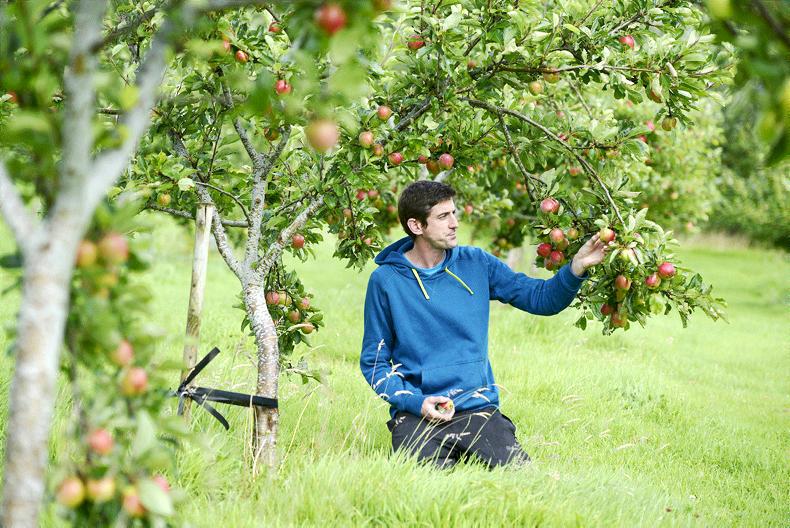

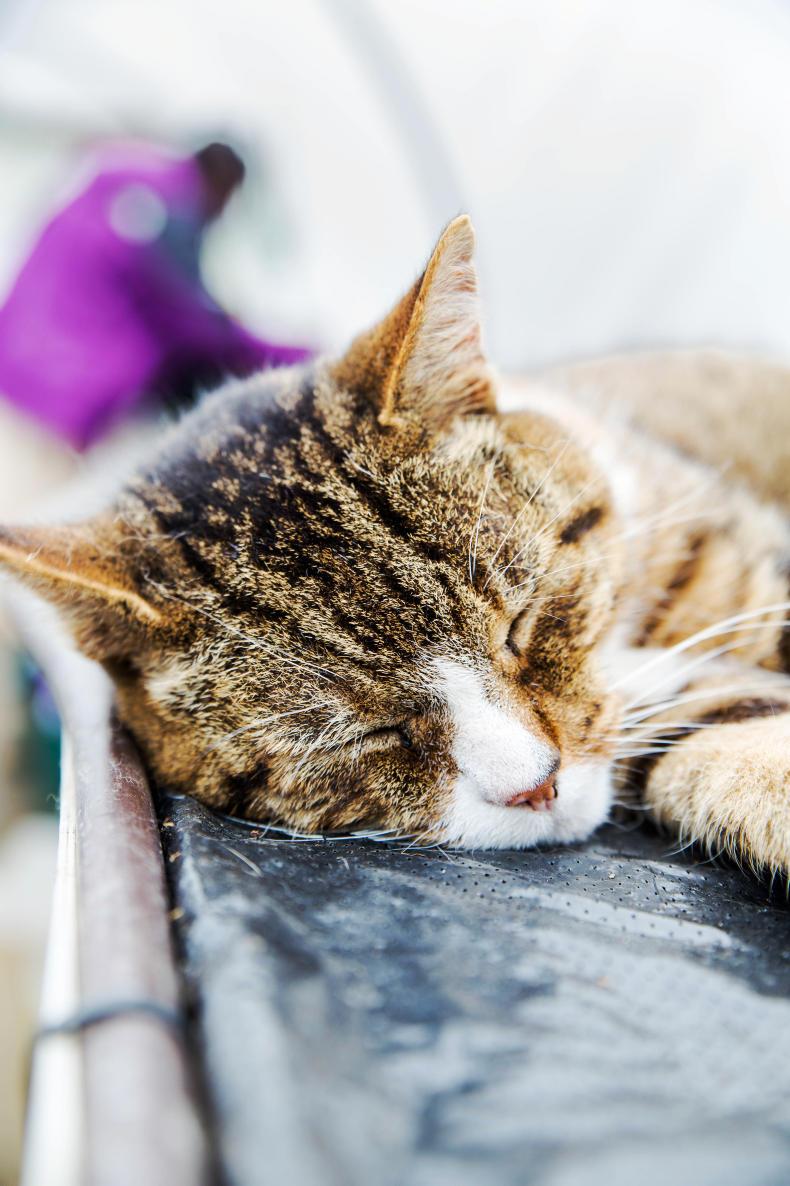
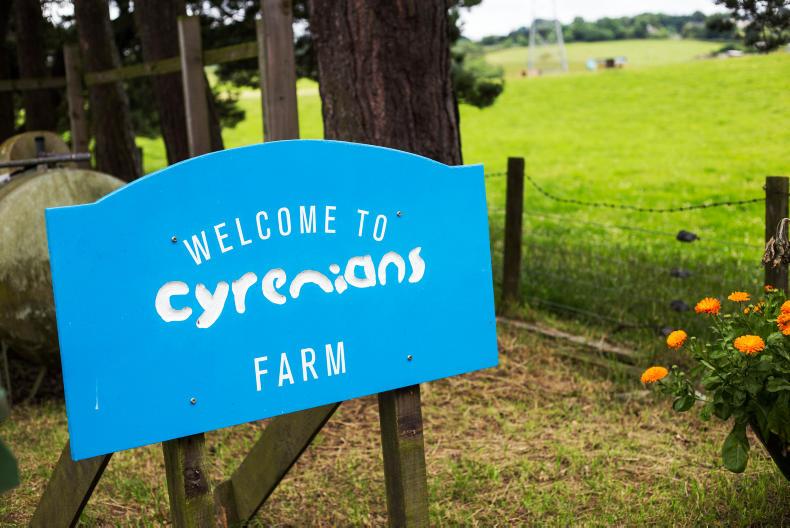
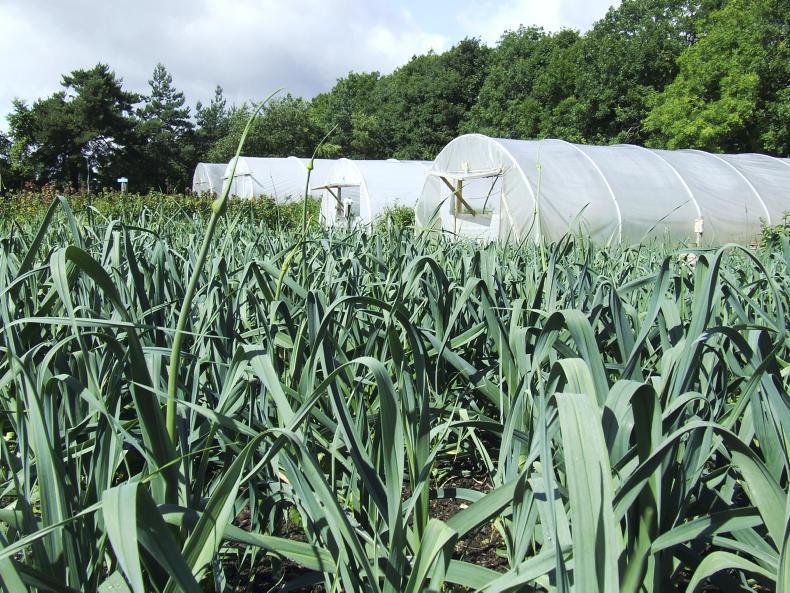
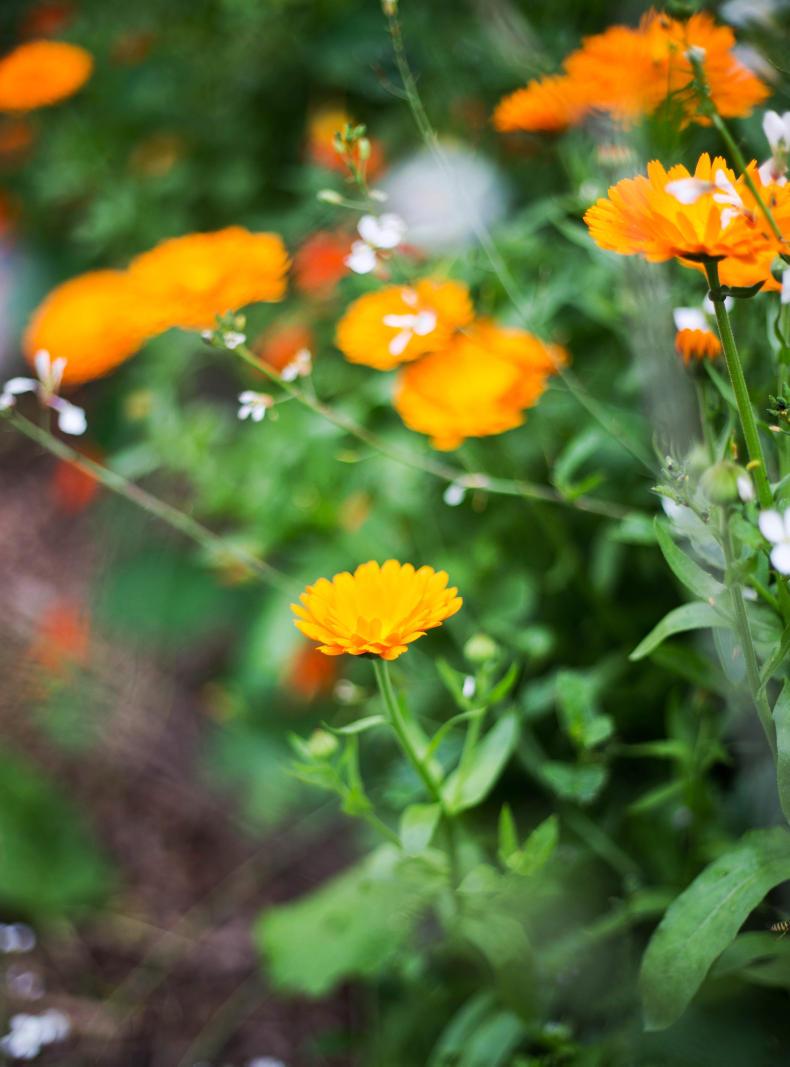

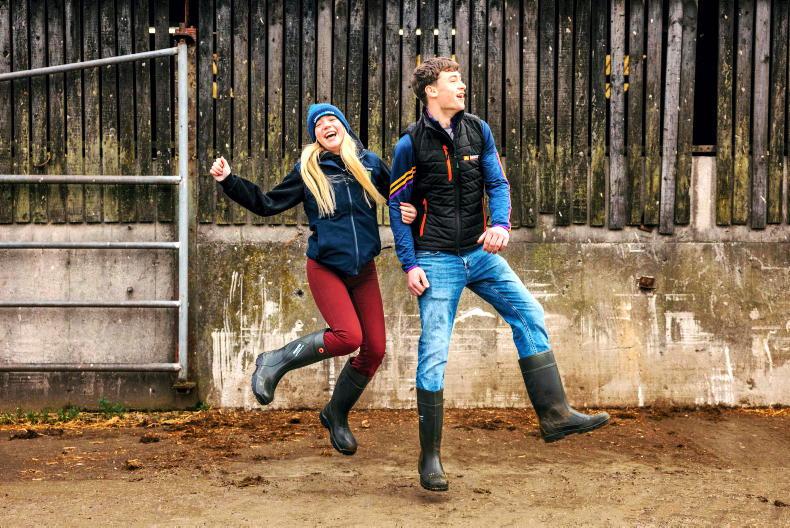

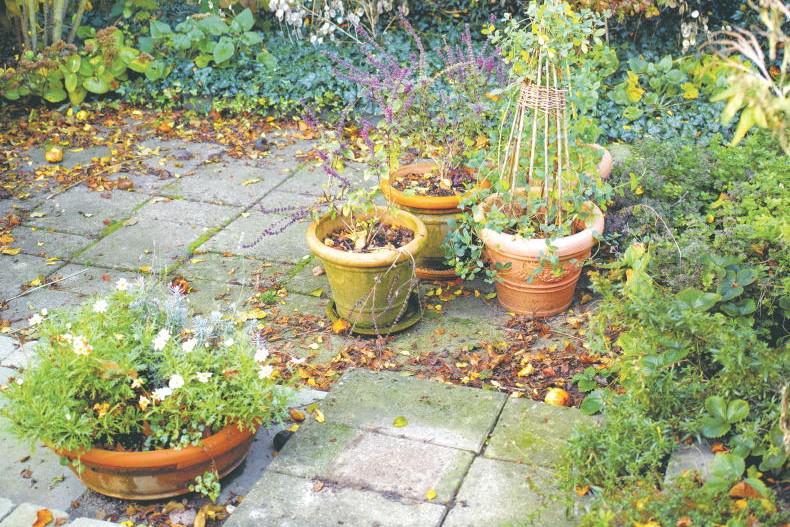
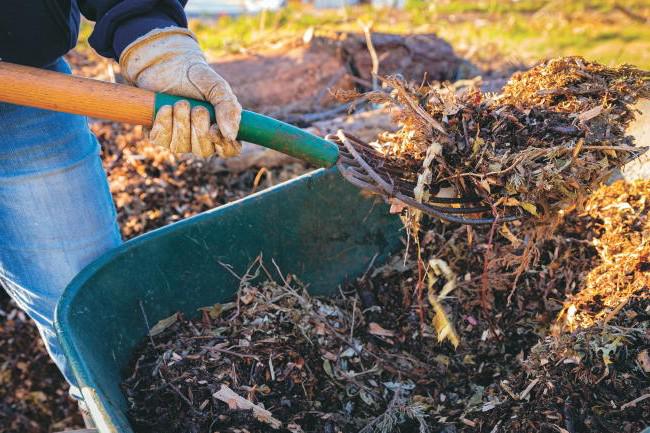
SHARING OPTIONS